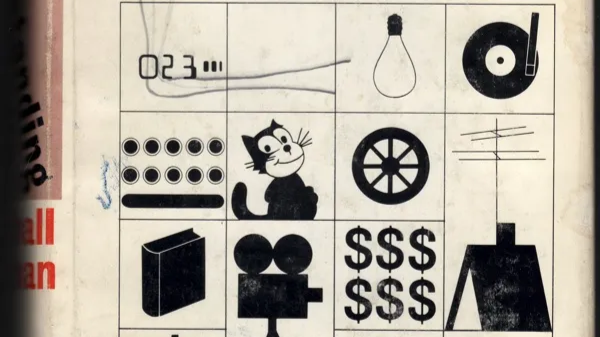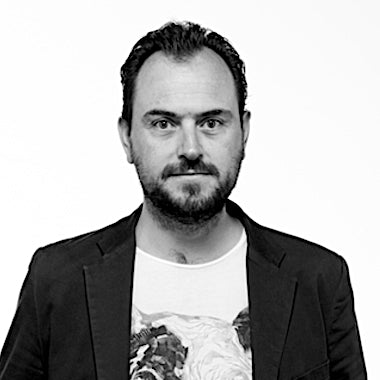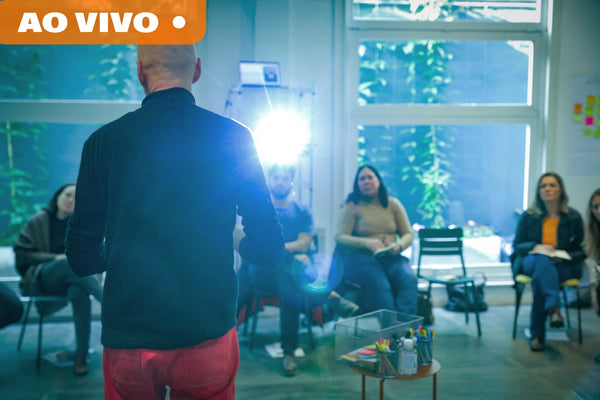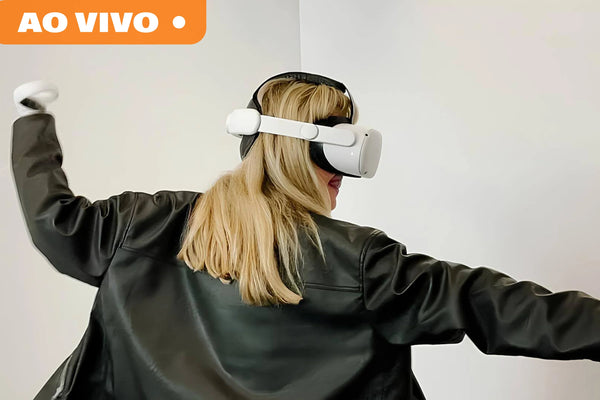
What Is AI Doing to Human Cognition?

When Marshall McLuhan first said that all media are extensions of the human, the phrase was taken as metaphor. Maybe it was never metaphor. It was anatomy.
Each new medium adds a limb to consciousness — a prosthetic that extends one capacity while numbing another. The wheel extends the foot and erases the terrain. The camera extends the eye and flattens the world into image. The computer extends the brain — and perhaps, now, begins to displace the act of thought itself.
Artificial intelligence is not a machine that imitates thinking. It is a habitat for thought — a cognitive climate in which attention, curiosity, and memory are reorganised. And like every environment before it, it transforms not only what we know, but how we come to know.
The Mind as Habitat
To live in 2025 is to inhabit a distributed cognition — a nervous system stretched across devices, servers, and clouds. We no longer think alone; we think with. Every query, every translation, every prediction is a small act of delegation. We offload memory, decision, even intuition — not as transactions, but as reflexes.
The interface has become an ecosystem, shaping what counts as real, what counts as knowledge, and what counts as time. When your tools complete your sentences, your thoughts begin to travel in their syntax. When the machine predicts your next step, uncertainty starts to feel like error.
We are becoming the environment we invented — symbiotic with our own simulation.
The Narcissus Effect
Our technologies have always been mirrors, and mirrors have always been traps. We reach for reflection and lose sensation. What begins as empowerment ends as anaesthesia.
AI is the clearest mirror we’ve ever built. It speaks back in our own language, arranged by probability and polished by desire. It is not imitation but continuation — the ghost of human cognition learning to dream without us.
The danger is not that it thinks for us, but that it teaches us to stop noticing the difference. In that quiet erosion, the most subtle of amputations occurs: not the loss of intelligence, but the loss of wonder.
The Economy of Friction
Human consciousness grew out of resistance — out of the slow work of solving, failing, wondering. The age of AI is the age of frictionless cognition. The effort once required to find meaning has been replaced by the automation of answers.
We praise the efficiency, forgetting that difficulty was once the engine of depth. When everything is knowable, nothing feels worth knowing. When everything is accelerated, attention becomes the only form of time left to us.
The typographic mind wrestled with words; the networked mind negotiates with prompts. Both are forms of prayer, but one requires faith and the other, autocomplete.
The Disappearance of Uncertainty
Ambiguity is the space in which thought takes shape. AI collapses that space. It offers certainty as a service — and in doing so, amputates our tolerance for not knowing.
The human brain evolved to dwell in questions, to play with paradox, to imagine beyond evidence. But now the question itself has become a transaction: typed, processed, resolved. We no longer explore; we request. And in the comfort of knowing, we begin to forget how to learn.
Still, beneath the smoothness, something ancient resists — a small, enduring appetite for mystery, for the unprompted, for the unresolved. It is this friction — this refusal to be finished — that keeps us human.
The Return of the Oral Mind
The algorithmic environment has returned us to a new kind of orality. Information now flows as conversation: fluid, circular, participatory. Knowledge is no longer stored; it is streamed.
In this acoustic space, truth behaves like sound — echoing, reverberating, mutating through repetition. Meaning is measured by resonance, not verification. We speak to the machine as our ancestors once spoke to the oracle, seeking not truth but pattern.
This is the paradox of progress: the further we extend intellect into code, the more we revive the rituals of myth.
The Pattern and the Paradox
The dream of AI is not intelligence but pattern: to render the world calculable, repeatable, predictable. But life — and by extension, consciousness — has always been the refusal of perfect repetition. We are creatures of error, improvisation, and metaphor.
Where the model calculates, we associate. Where the system predicts, we imagine. Where the machine recognises pattern, we recognise meaning.
Our cognition is not an algorithm but an ecology — a living, adaptive system that depends on friction, uncertainty, and play.
If the machine is to think with us, it must learn our paradoxes, not just our probabilities.
The Message Renewed
Every extension comes with an amputation. But amputation is not destiny — it is the price of adaptation. The task before us is not to resist extension, but to become conscious of what it costs.
Artificial intelligence has made the invisible architecture of thought visible. Now, awareness is the new literacy. To be intelligent in this age is to know when to delegate, when to doubt, when to dream.
Perhaps the next revolution will not be artificial intelligence, but conscious intelligence — a reawakening of the human capacity to feel the edges of thought, to perceive the systems that perceive us.
The mind, once extended, must learn again to return to itself — not in retreat, but in recognition.



